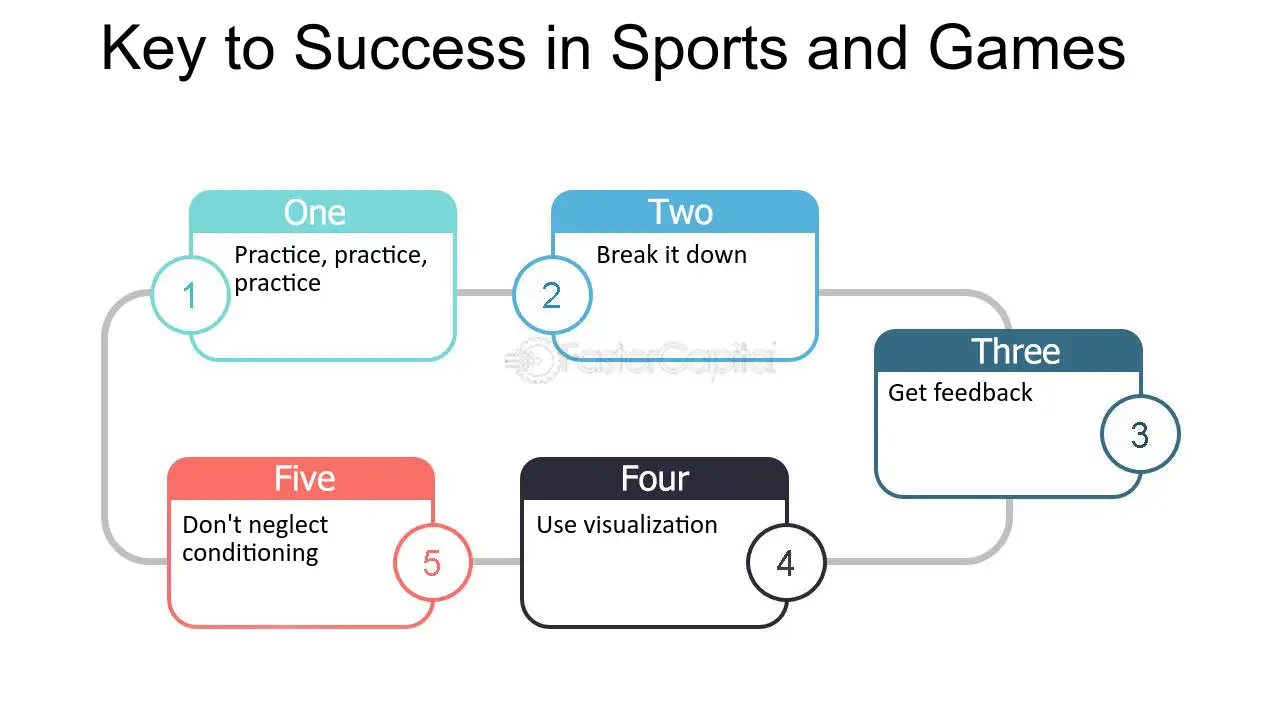Best Strategies for Winning in Competitive Games
In the world of competitive gaming, success is often determined by more than just skill; it’s about strategy, mindset, and team dynamics. This article dives into various strategies that players can employ to improve their chances of winning in competitive environments. From understanding opponents to effective communication in team settings, we’ll cover it all.
Understanding Competitive Games
Competitive games are defined by their nature of rivalry between players or teams, each striving to outperform the other. Key characteristics include defined rules, clear objectives, and measurable outcomes. The essence of strategy in these games cannot be overstated; it is the backbone of achieving victory. Players must analyze unique strategies tailored to the various types of competitive games they engage in.
Here are a few examples:
- Real-time Strategy (RTS) Games: Focus on resource management and tactical decision-making.
- First-Person Shooters (FPS): Emphasize quick reflexes and map knowledge.
- Multiplayer Online Battle Arena (MOBA): Require teamwork and role specialization.
Analyzing Opponent Strategies
Observing and analyzing opponents’ gameplay is crucial in developing an effective strategy. By watching how opponents play, you can identify their strengths and weaknesses. This analysis can be conducted through:
- Reviewing gameplay footage to see common tactics.
- Noting patterns in decision-making during matches.
- Identifying preferred strategies used by your opponents.
Adapting your gameplay based on opponents’ actions not only enhances your chances of winning but also keeps your strategy unpredictable.
Developing a Winning Mindset
A positive and resilient attitude is imperative in competitive gaming. Techniques for cultivating this mindset include:
- Visualizing success through positive imagery.
- Setting realistic expectations to avoid undue pressure.
- Practicing mindfulness to enhance focus and concentration.
Managing stress is also vital, and maintaining composure during high-stakes moments can make a significant difference in performance.
Effective Communication in Team-Based Games
Communication plays a vital role in team dynamics, as it can make or break a team’s performance. Effective coordination during matches can be achieved through:
- Establishing clear roles and responsibilities within the team.
- Utilizing voice chat for real-time communication during gameplay.
- Employing non-verbal cues, like in-game signals or gestures, to convey information quickly.
The impact of these strategies can be profound, leading to improved teamwork and synergy.
Practice and Skill Development
Improving individual skills requires effective practice routines. Players should consider:
- Developing a consistent practice schedule that focuses on specific skills.
- Setting achievable goals to foster motivation and track progress.
- Reviewing and analyzing past performances to identify areas for improvement.
This structured approach to practice can yield significant benefits over time.
Utilizing Tools and Resources
Technology can be leveraged to enhance performance in competitive gaming. Players should explore resources such as:
- Tutorials and guides that provide strategies specific to their game.
- Videos showcasing professional gameplay to learn advanced techniques.
- Staying updated on game patches and meta changes to adapt strategies accordingly.
Using the right tools can provide a competitive edge in gameplay.
Strategic Resource Management
Managing in-game resources effectively is essential for success. Players can prioritize actions based on available resources by:
- Evaluating the cost-benefit of actions in relation to their resource pool.
- Maintaining awareness of resource regeneration rates.
- Implementing examples such as conserving ammunition in FPS games or managing mana in RPGs.
This strategic approach can lead to more informed gameplay decisions.
Learning from Losses
Analyzing defeats is crucial for long-term improvement. Players should focus on:
- Identifying the reasons behind losses and areas for growth.
- Transforming negative experiences into learning opportunities.
- Building resilience by understanding that setbacks are part of the journey.
A willingness to learn from losses fosters perseverance in competitive gaming.
